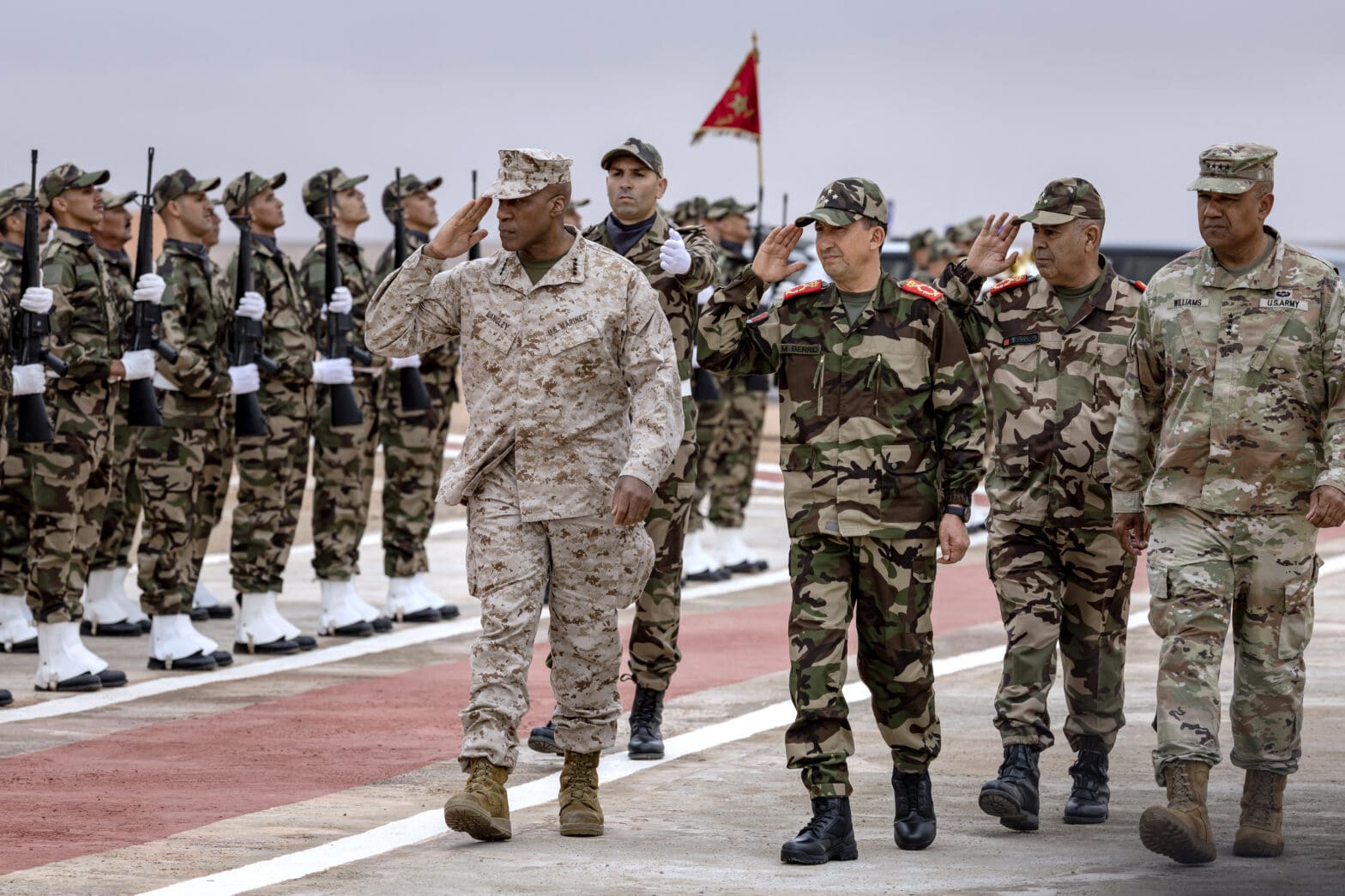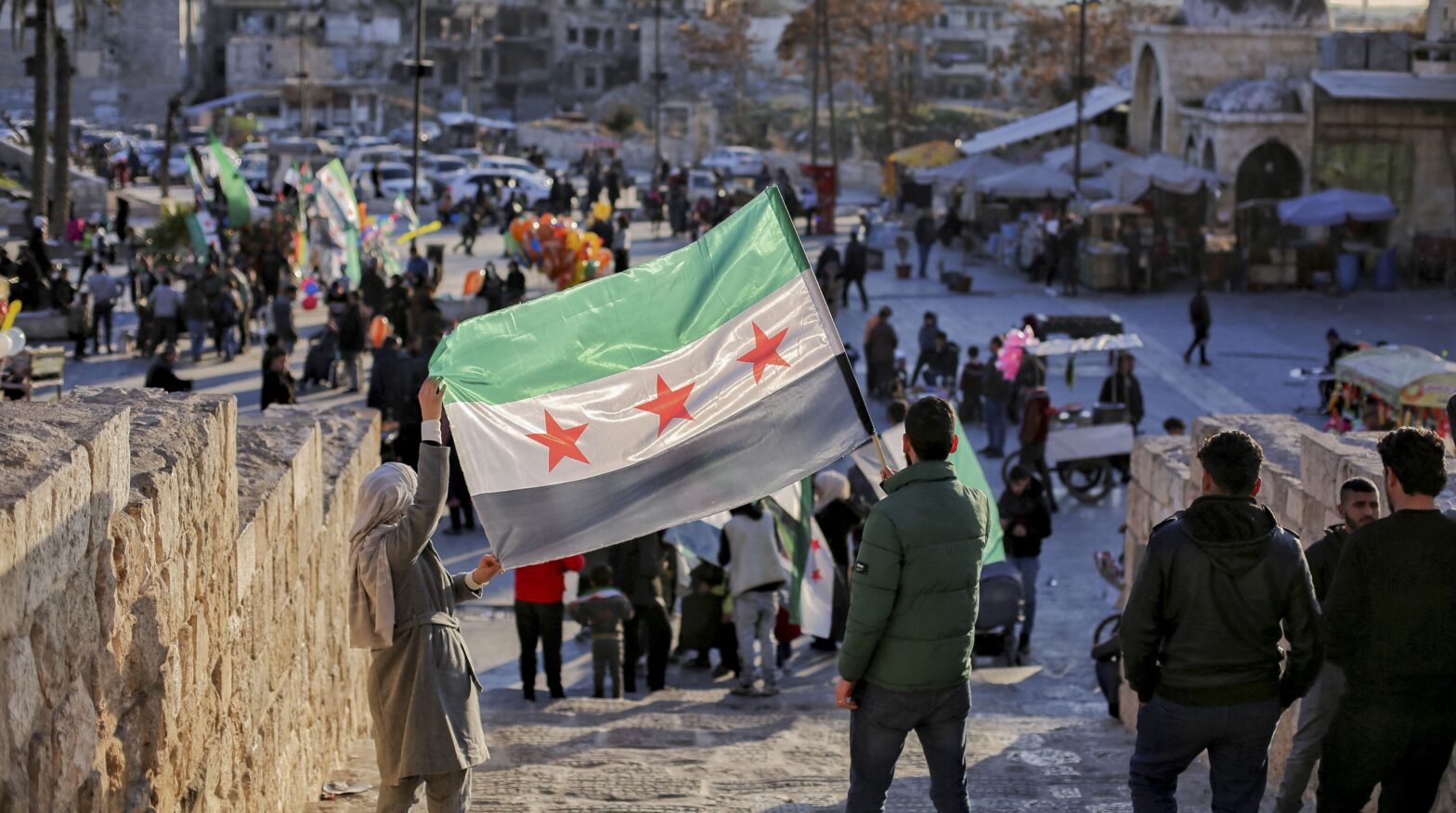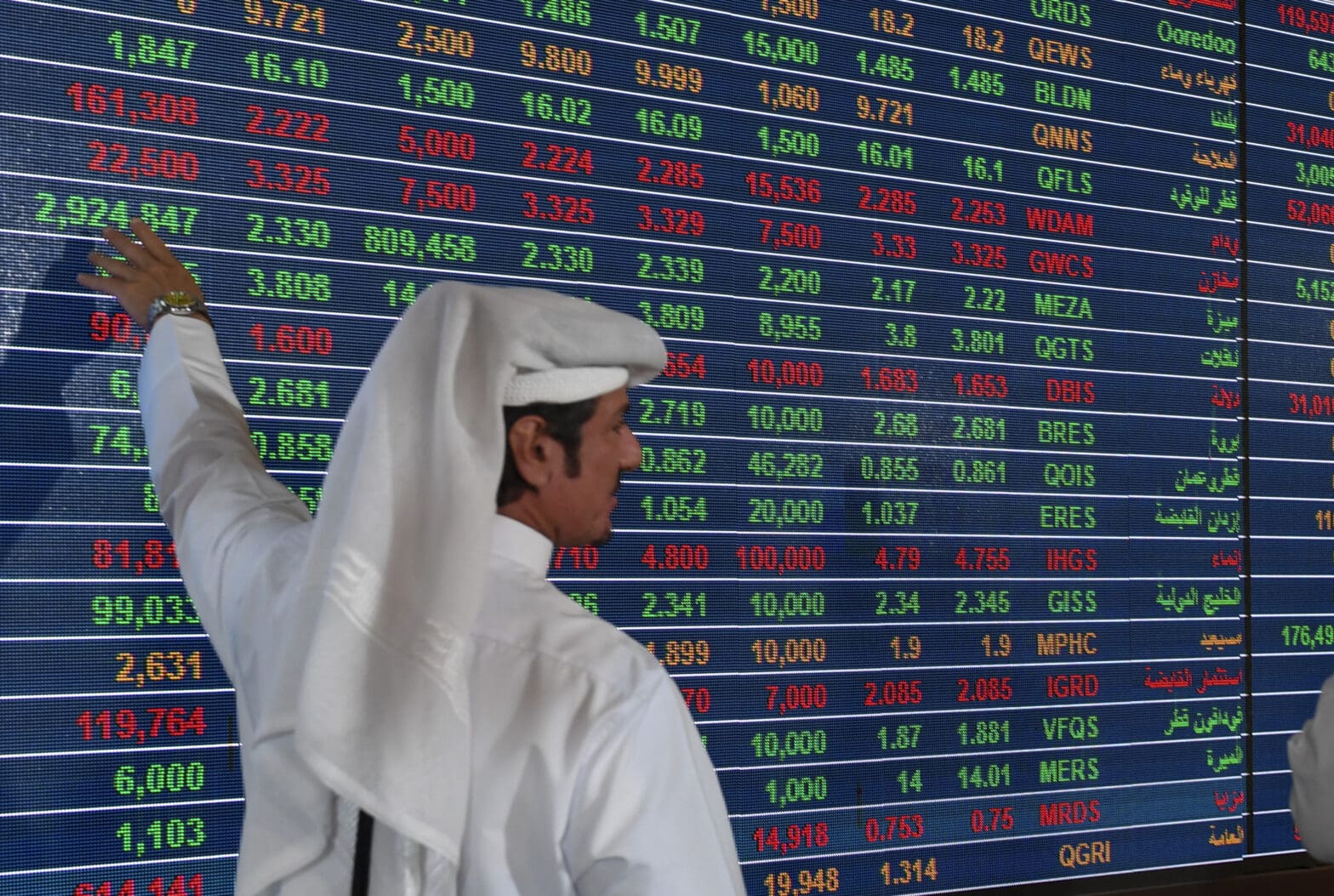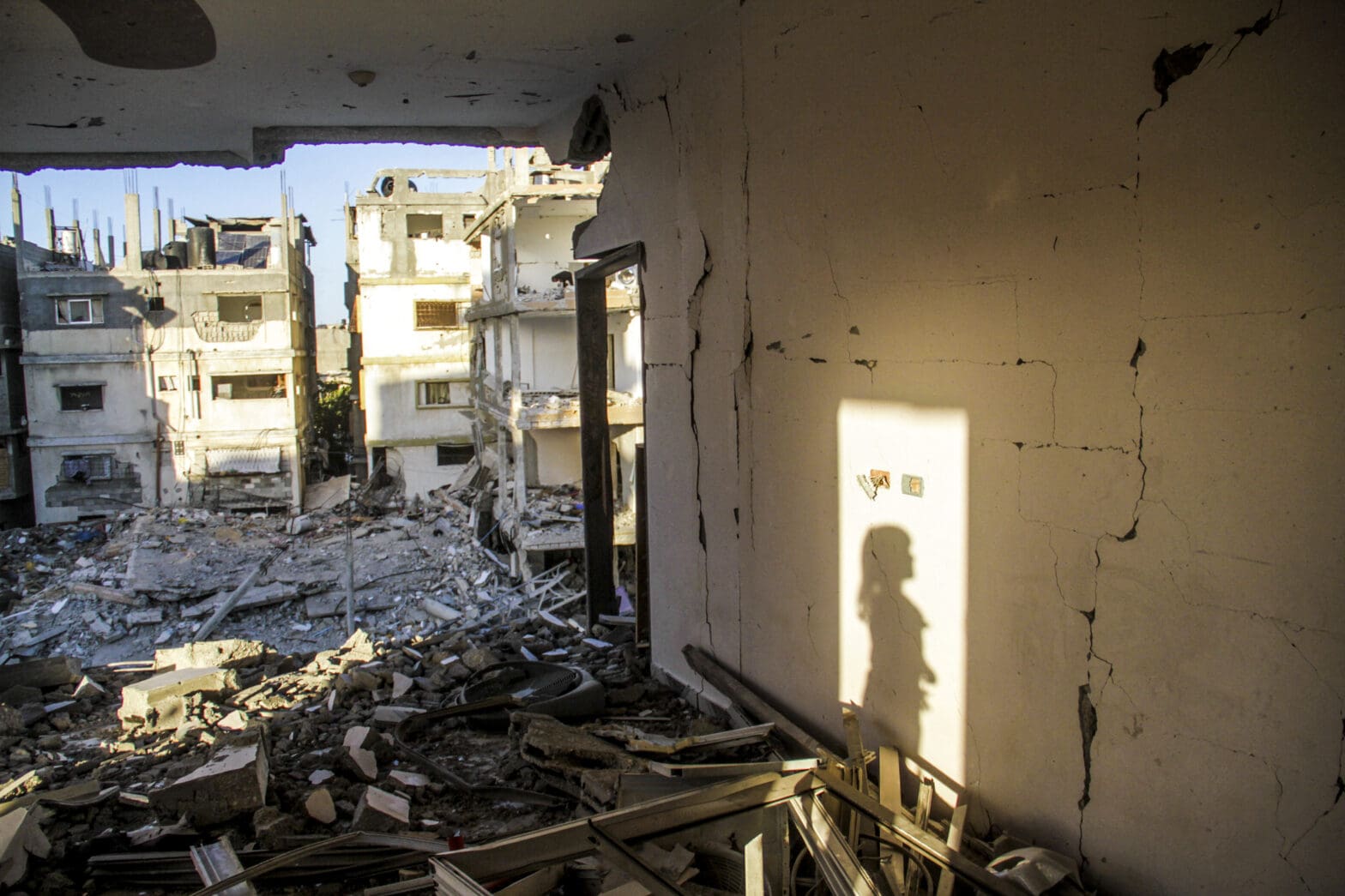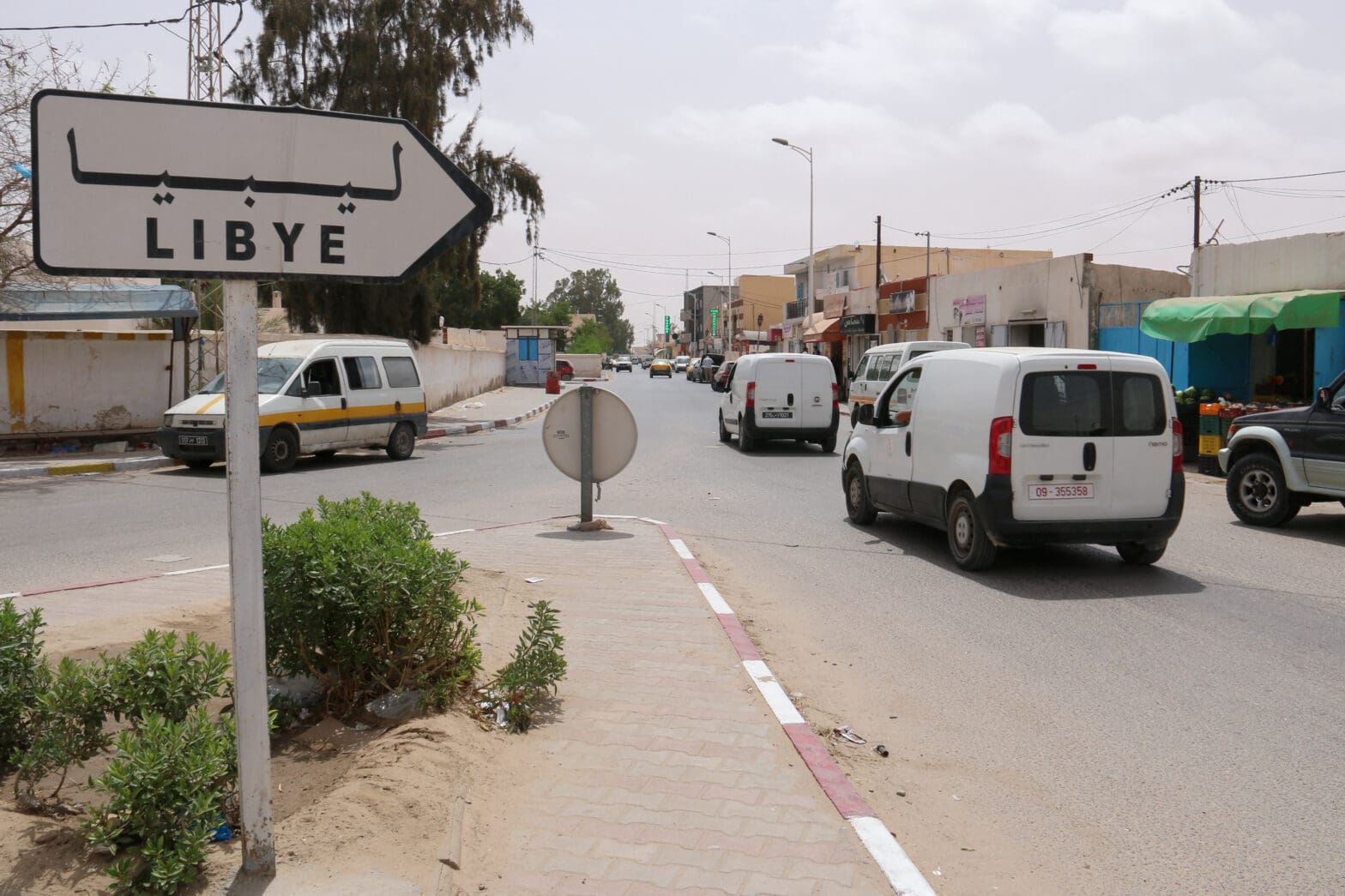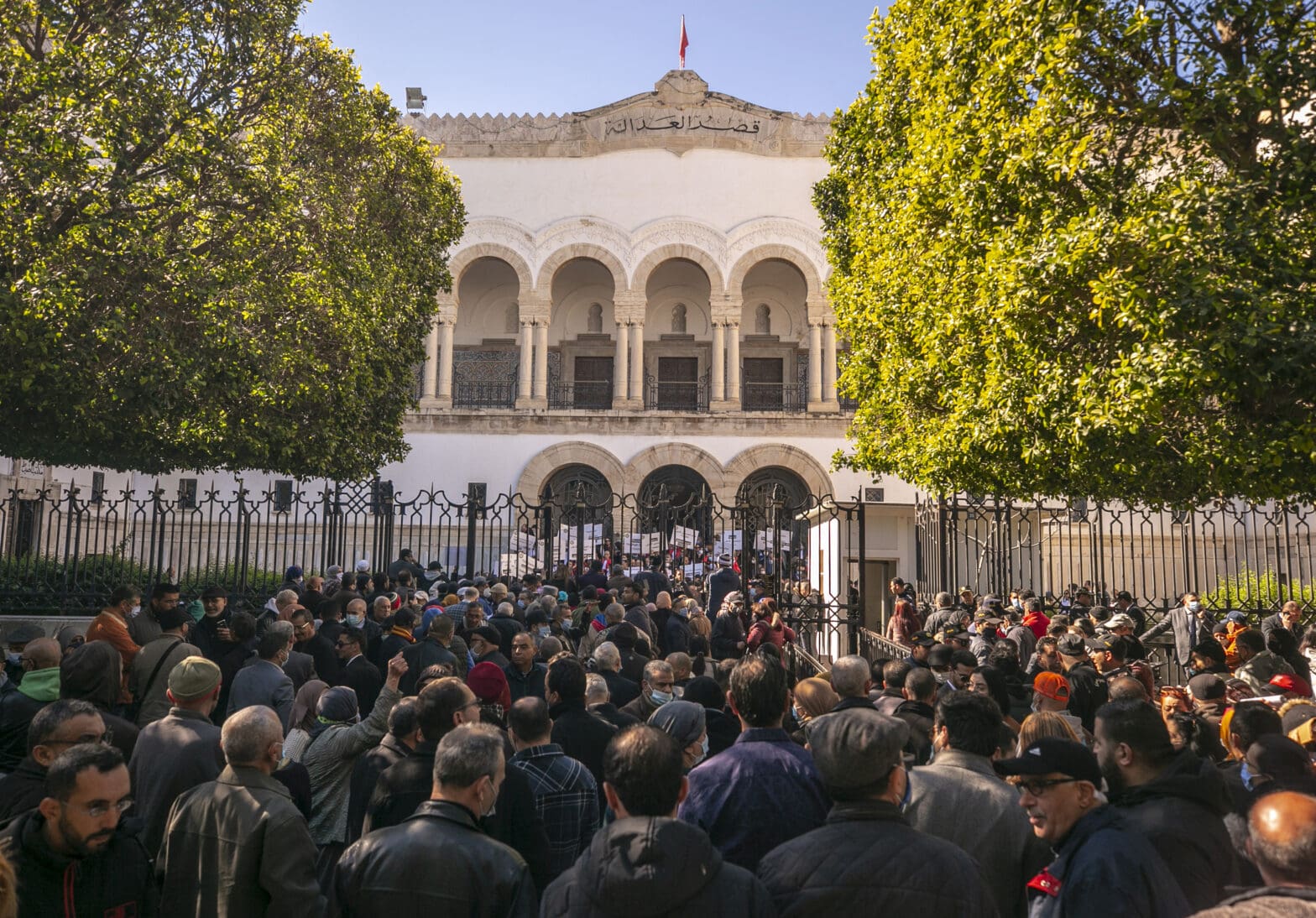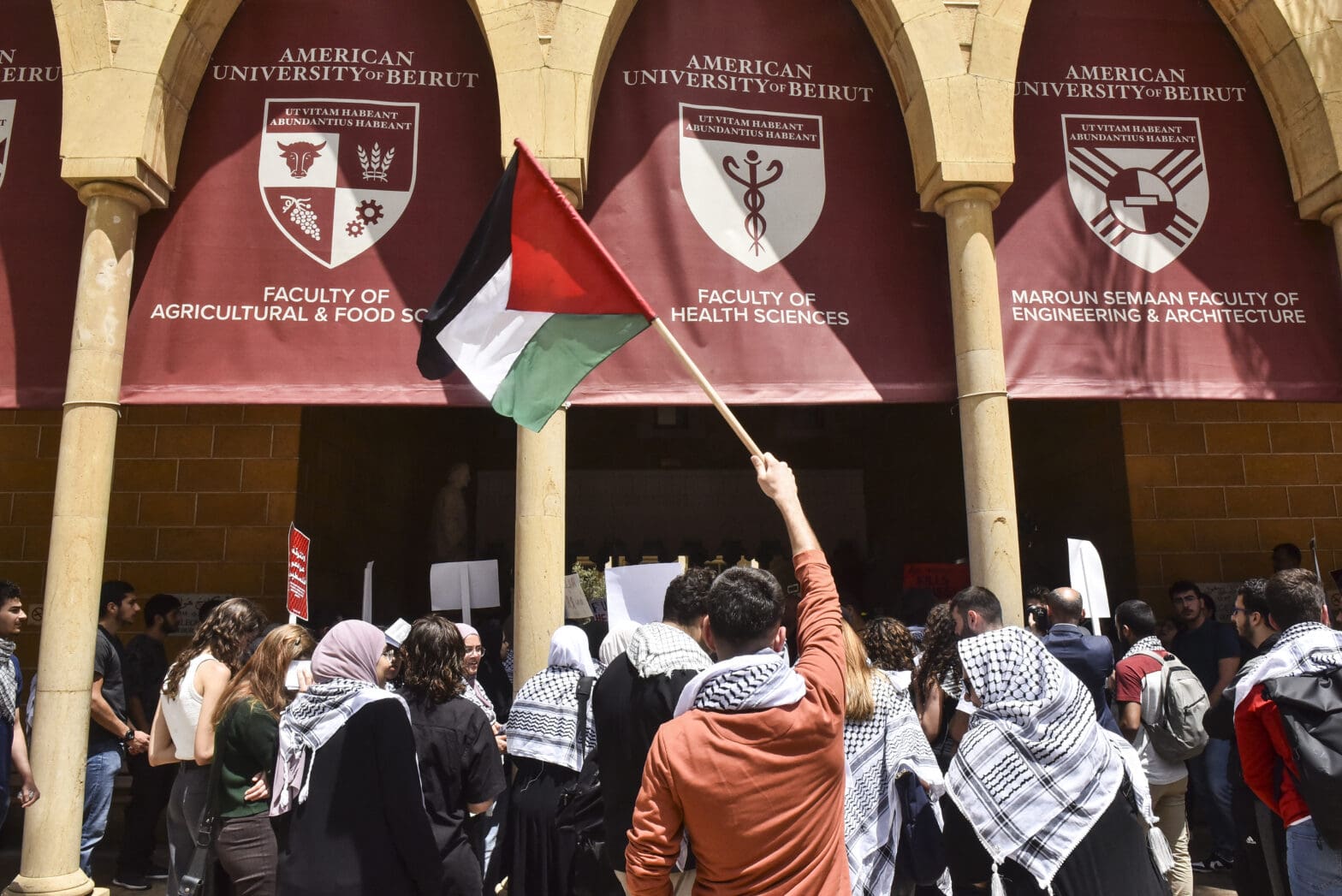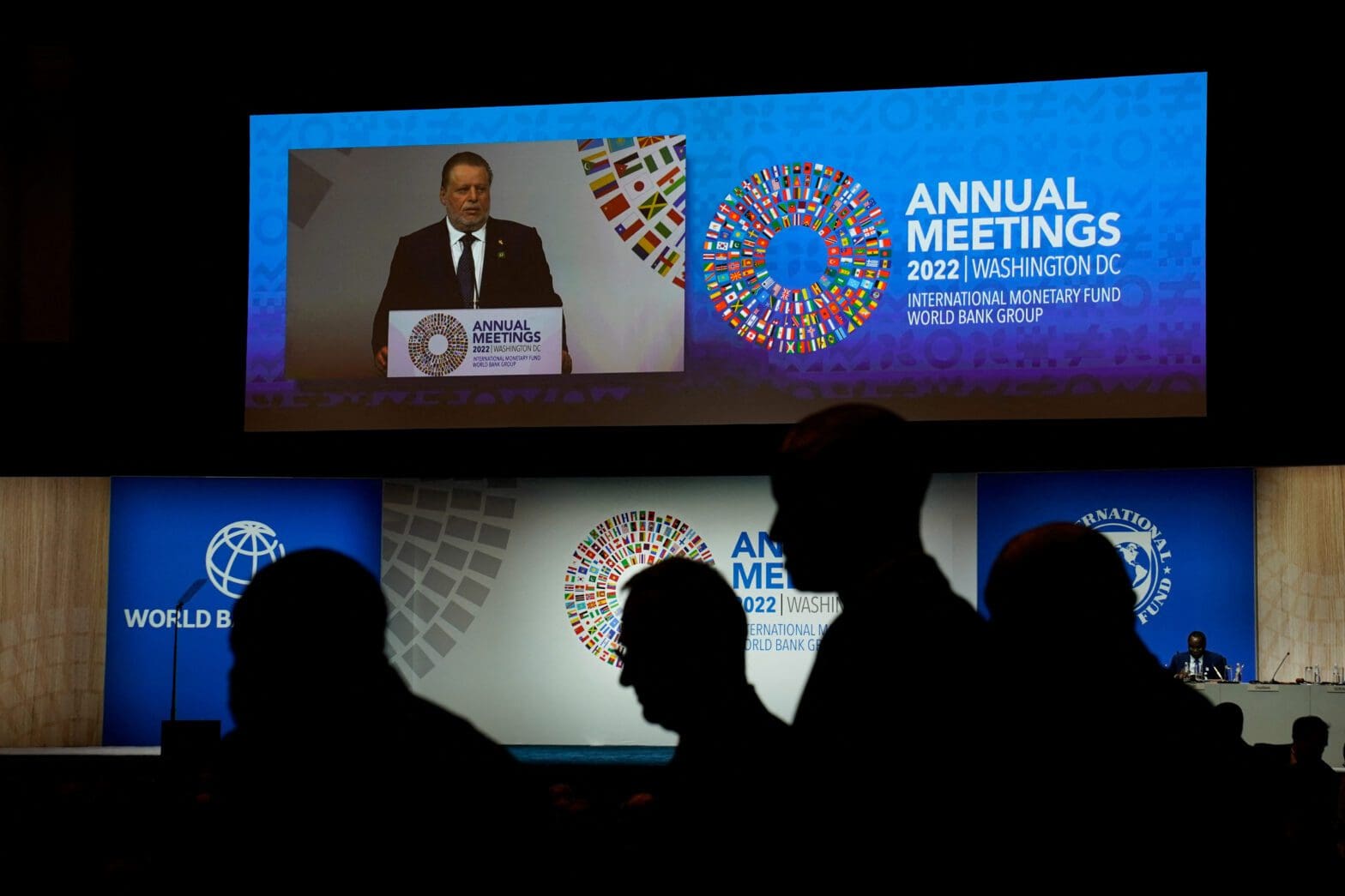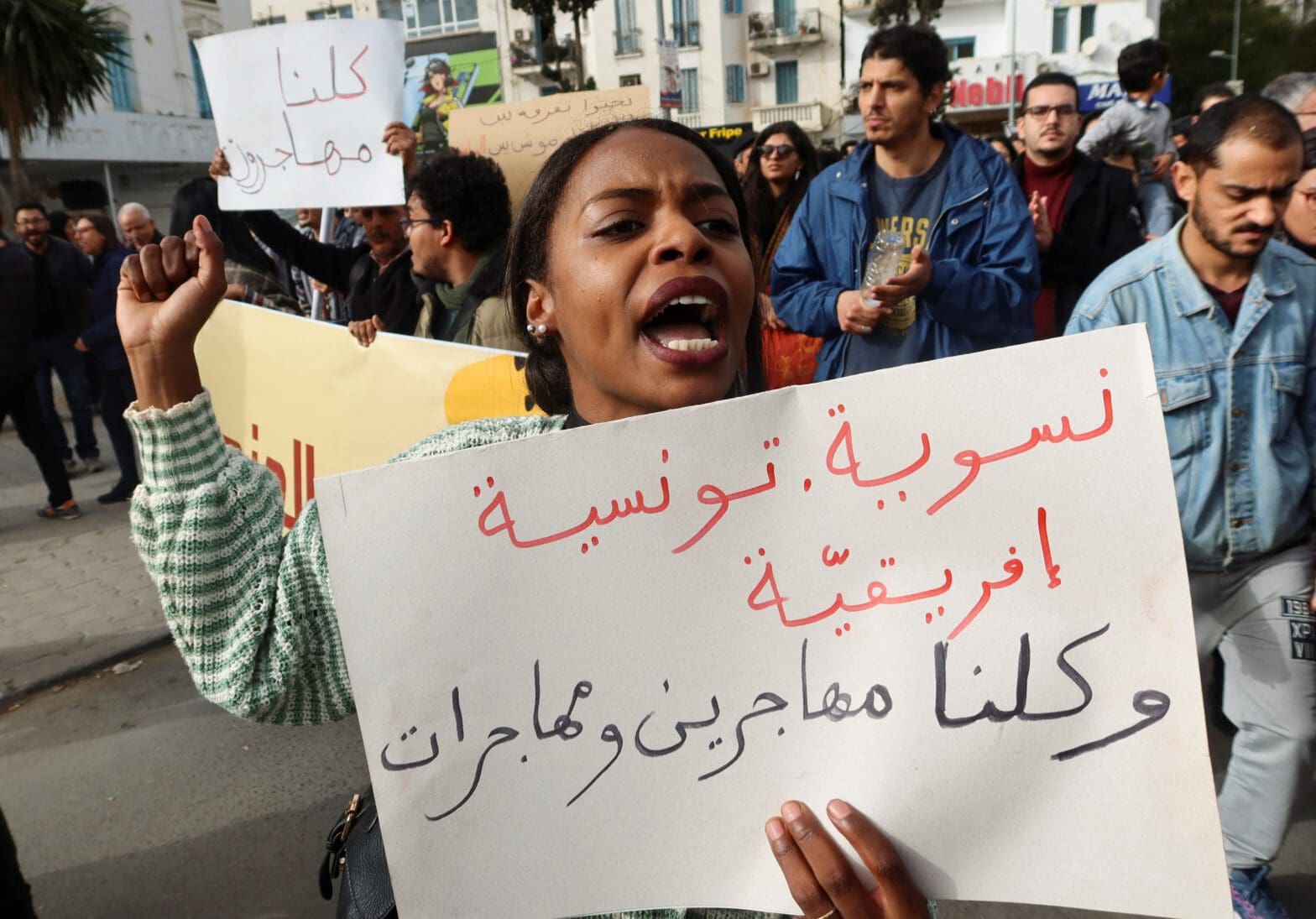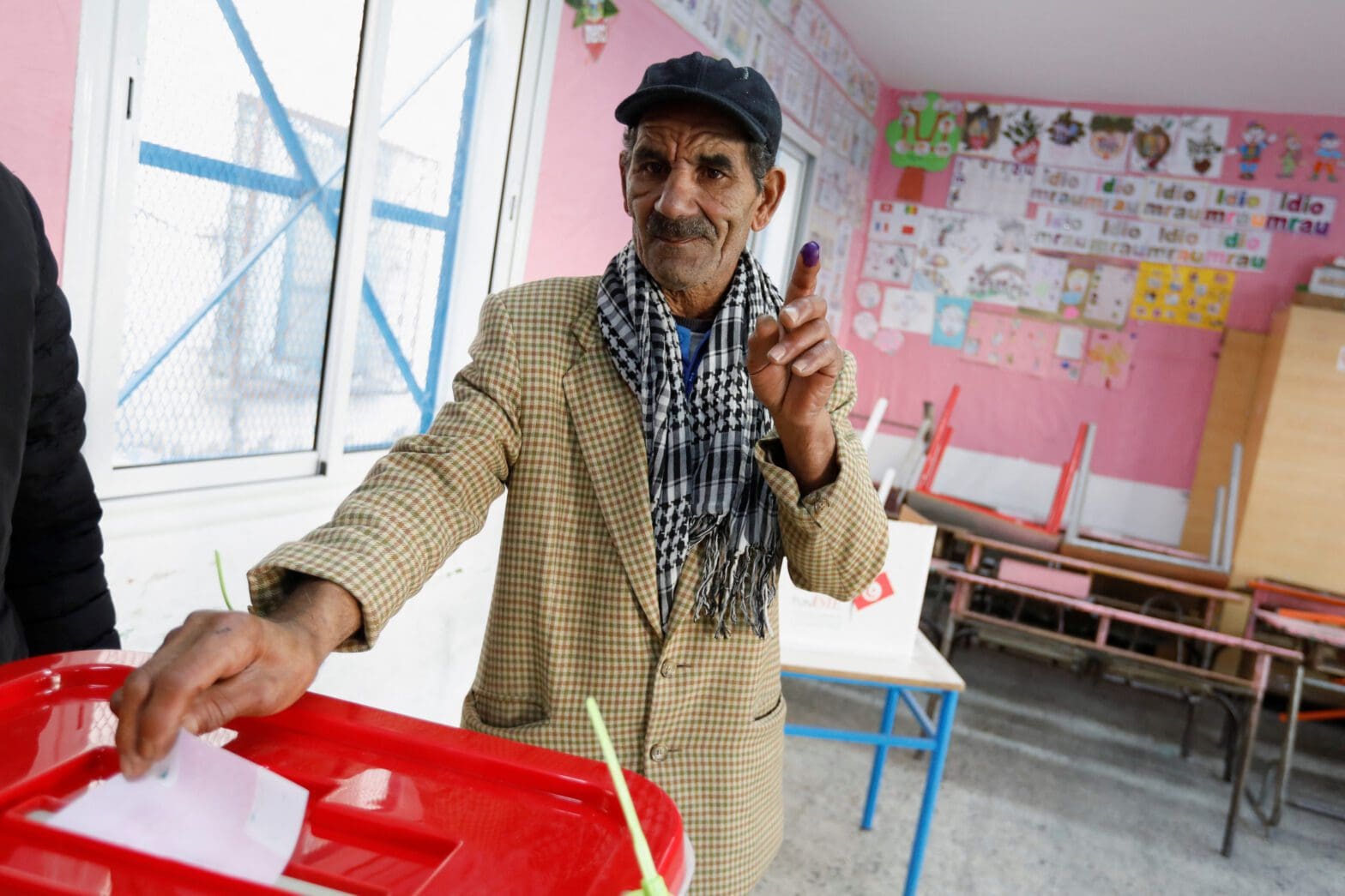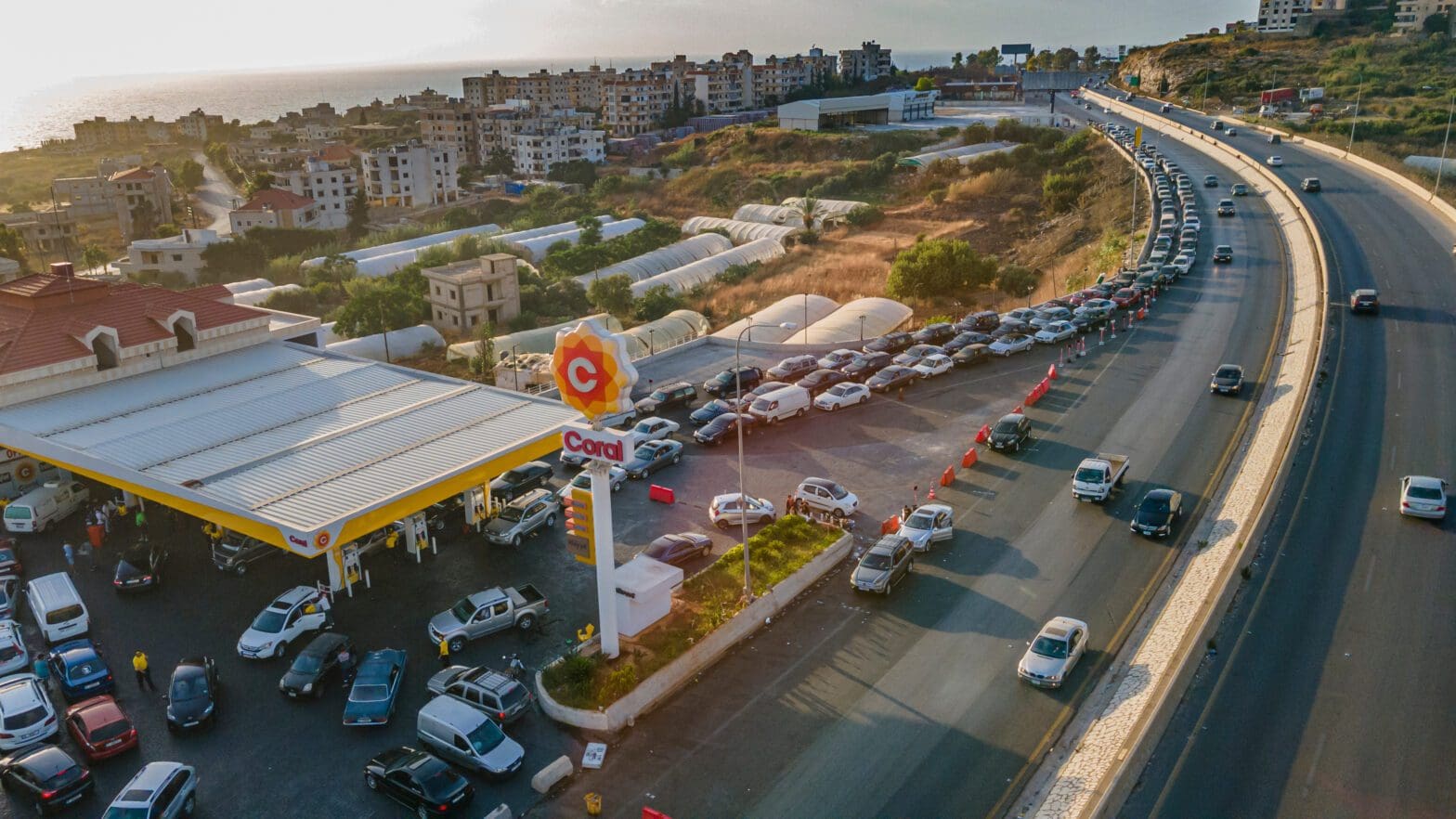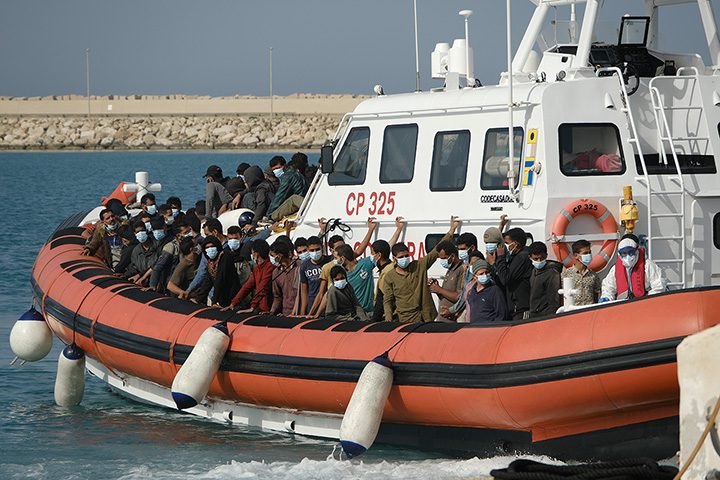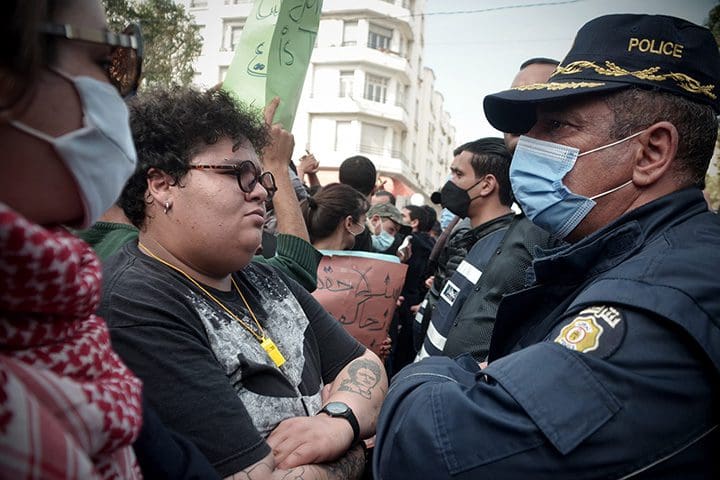Growing tensions between the U.S. and China are having a significant impact on the Maghreb region. While not a frontline theater of confrontation, Morocco, Algeria, Tunisia, Libya and Mauritania are increasingly caught in the crosscurrents of great power competition, with implications in the economic, political, security and technological spheres. In response, they have sought to… Continue reading Will the Maghreb States Have to Pick Between the U.S. and China?
Afkar Country: Tunisia
The First 100 Days: Trump’s Middle East Policy Revisited
By any standard of the American presidency, the first 100 days of Donald Trump’s second term have been eventful, to say the least. From the dismantling of government institutions to the imposition of protectionist trade policies to the launching of negotiations with Iran and Russia, the implications of Trump’s early agenda have been far reaching… Continue reading The First 100 Days: Trump’s Middle East Policy Revisited
For Syria, Lessons from Our Past Failures
The Assad family, like so many tyrannies before them, allowed their power, impunity, isolation and the resultant narcissism to foster a belief that their world would never end. Assad’s supporters—both for the father, Hafez, and the son, Bashar—would chant “our leader forever.” Until the day inevitably came when their rule ended and people sang, “forever… Continue reading For Syria, Lessons from Our Past Failures
MENA Outlook for 2025
With the December collapse of the Assad regime in Syria, 2024 came to a close in a dramatic and region-altering fashion. This, along with the numerous other major trend lines and points of conflict, likely makes 2025 a year that will be significant in reshaping the region’s future. Looking forward to what may be coming,… Continue reading MENA Outlook for 2025
Regional Economy Faces Plenty of Challenges—and Reasons for Hope—in 2025
Despite the turmoil rocking the Middle East and North Africa (MENA), there may be some glimmers of hope for the region’s economies in 2025. The World Bank and the International Monetary Fund (IMF) are both projecting an uptick in growth in most MENA economies. However, structural challenges, political instability, and geopolitical tensions will continue to… Continue reading Regional Economy Faces Plenty of Challenges—and Reasons for Hope—in 2025
Arab Public Opinion Under Pressure
Editor’s Note The relevance of public opinion in the Middle East and North Africa is a question often debated but little understood. Given the high prevalence of autocracy, surveys of popular sentiment are limited, while freedoms of speech and press are not the norm. Indeed, as thousands of political prisoners freed in recent days from… Continue reading Arab Public Opinion Under Pressure
Adapting the Women, Peace and Security Agenda to the Arab World
When United Nations Security Council (UNSC) resolution 1325 on Women, Peace and Security (WPS) was adopted on October 31, 2000, it marked an unprecedented commitment by the international community to regard women as integral partners in peace processes. The WPS “agenda,” as it came to be known, encompasses ten UNSC resolutions that recognize the devastating… Continue reading Adapting the Women, Peace and Security Agenda to the Arab World
Border Crossing Struggle Reflects Chronic Instability in Western Libya
Nearly four months after it closed due to armed clashes between rival Libyan groups, the Ras Ajdir crossing with Tunisia finally reopened on July 1. Located 170 kilometers (105 miles) west of war-torn Libya’s capital, Tripoli, the main land crossing into its western neighbor is a vital lifeline for trade—both official and illicit. But it… Continue reading Border Crossing Struggle Reflects Chronic Instability in Western Libya
How Tunisia’s Anti-Corruption Campaign Is Putting Its Next Election into Question
On August 5, a Tunisian court sentenced four potential presidential candidates on charges of buying endorsements and banned them from running in the upcoming elections slated for October 6. Among the four were the prominent politician and former Ennahda leader Abdellatif Mekki and the activist and TV host Nizar Chaari. In addition, the key opposition… Continue reading How Tunisia’s Anti-Corruption Campaign Is Putting Its Next Election into Question
The (Surprising) Silence of Arab Universities on Palestine
Since mid-April 2024, western academic institutions, including elite American universities, have been at the forefront of protests for Palestine. Yet, their Arab counterparts have surprisingly remained silent. The disengagement is particularly noteworthy considering that Middle Eastern universities have historically been the hotbeds of protests and engagement concerning the Palestinian cause. This absence is also at… Continue reading The (Surprising) Silence of Arab Universities on Palestine
Time to Tackle the Transparency Deficit in the MENA Region
It is widely known that the Middle East and North Africa (MENA) region suffers from a “democratic deficit.” What is less well-appreciated is that the region also suffers from a chronic deficit in transparency. The World Bank’s Vice President for MENA, Ferid Belhaj, recently called attention to this problem, stating that Egypt needs to get… Continue reading Time to Tackle the Transparency Deficit in the MENA Region
Racism Row Puts Another Blot on Tunisia’s Post-2011 Gleam
In late February, Tunisian President Kais Saied made incendiary claims against Sub-Saharan Africans in the country. Asserting that “hordes” of paperless migrants represented a “criminal plot” to change Tunisia’s racial make-up and blur its Arab-Muslim identity, he accused them of causing a wave of “violence, crimes, and unacceptable acts” and called for “urgent measures to… Continue reading Racism Row Puts Another Blot on Tunisia’s Post-2011 Gleam
Elections Without Democracy Expose Tunisia’s Political Decline
Just a few years ago, Tunisia was a beacon of political renewal in the Arab world, having both sparked the 2011 Arab Spring revolutions and emerged from them with the region’s only dictatorship-turned-democracy. Yet today, Tunisia is straining under the weight of a broken political system, a beleaguered economy and a disaffected public, including thousands… Continue reading Elections Without Democracy Expose Tunisia’s Political Decline
MENA Outlook 2023 – Council Views
In various ways, 2022 was arguably a positive year in much of the Middle East and North Africa (MENA) region. The COVID-19 pandemic subsided in many states and the intensity of violence ebbed in several conflict zones. Competition between regional powers receded and gave way to an increase in diplomacy and rapprochement. However, with a… Continue reading MENA Outlook 2023 – Council Views
Why Do Young Tunisians Trust the Sea over Their Country?
The month of September ended in tragedy for several families in the small coastal city of Zarzis in southern Tunisia. Around 18 young people went missing during an attempt to reach Europe, believing a tiny boat would carry them to a land of more opportunity. Yet, like many before them, they never reached their destination… Continue reading Why Do Young Tunisians Trust the Sea over Their Country?
Twenty Years of Governance Reform: What’s Next for the MENA Region?
In 2002, the United Nations Development Program (UNDP) produced a remarkable and far-reaching document titled the Arab Human Development Report. Written largely by Arab authors, the report mobilized a wealth of data to argue persuasively that the lack of socio-economic development within the Arab region is the product of three fundamental deficits in freedom, knowledge,… Continue reading Twenty Years of Governance Reform: What’s Next for the MENA Region?

